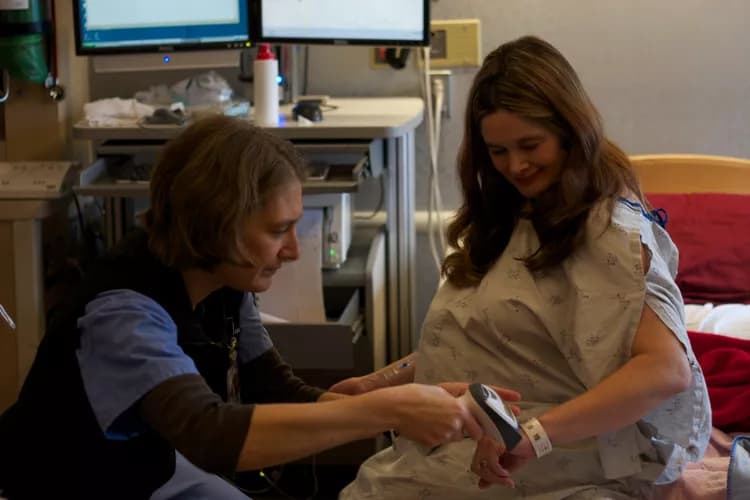
"Cuddle Chemical” Oxytocin Could Treat Anorexia
Oxytocin, a naturally occurring hormone, has been known to be released during bonding periods, including sex, childbirth, and breastfeeding. Previous studies have shown oxytocin to be promising for psychiatric disorders like autism.
A new study, published in Psychoneuroendocrinology, shows that patients were less likely to preoccupy on food and body image after a dose of oxytocin.
The study consisted of 64 female participants (31 patients with anorexia and 33 healthy controls). The participants were given a dose of oxytocin, via nasal spray, or placebo. After, the participants were asked to look at sequences of images relating to food (high and low calorie), body shape (fat and thin), and weight (scales). Once the images flash on the screen, the experimenters measured how quickly participants identified the images. The participants had a tendency to identify with negative images more rapidly. The test was done before and after receiving oxytocin or placebo.
That participants with anorexia reduced their focus on imaged of food and fat body parts after receiving oxytocin. This effect was especially strong for participants with anorexia who had increased communication troubles.
Professor Janet Treasure from King's College London's Institute of Psychiatry and senior author on both studies says, “Patients with anorexia have a range of social difficulties which often start in their early teenage years, before the onset of the illness. These social problems, which can result in isolation, may be important in understanding both the onset and maintenance of anorexia. By using oxytocin as a potential treatment for anorexia, we are focusing on some of these underlying problems we see in patients.”
A second study was conducted on the same participants. Published in PLOS ONE, the participants’ reactions to facial expressions, such as happiness, disgust, or anger, were time tested before and after receiving oxytocin or placebo. The participants with anorexia were less likely to focus on the ‘disgust faces’ after the dose of oxytocin.
Professor King believes this is extremely exciting, though it is an early stage research with a small number of participants.
Additional Resources:
Related Articles
Test Your Knowledge
Asked by users
Related Centers
Related Specialties
Related Physicians
Related Procedures
Related Resources
Join DoveHubs
and connect with fellow professionals

0 Comments
Please log in to post a comment.